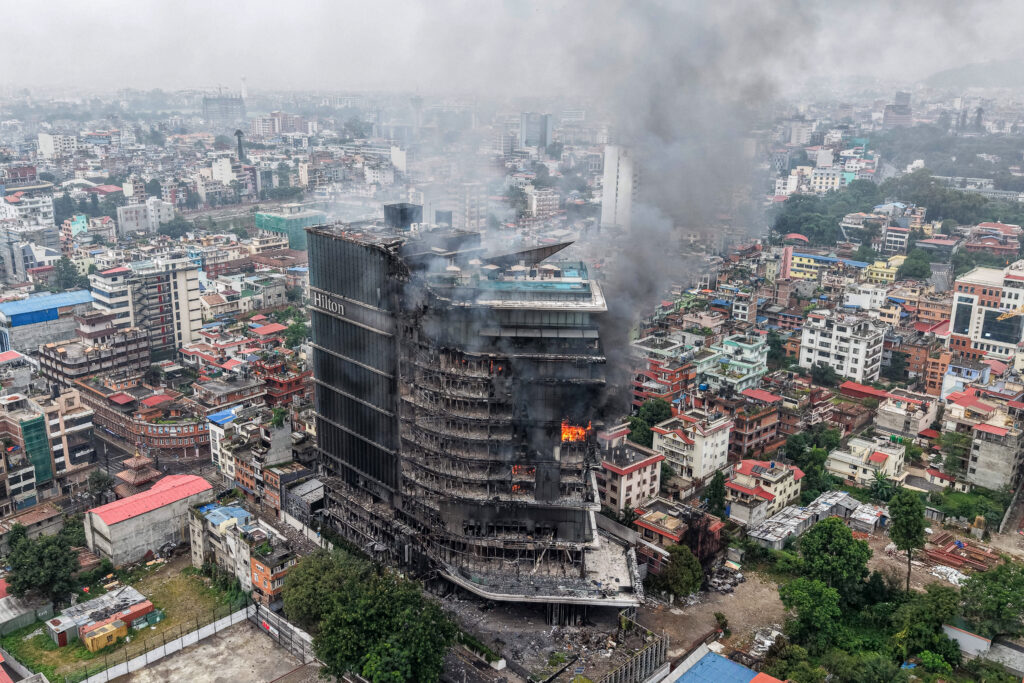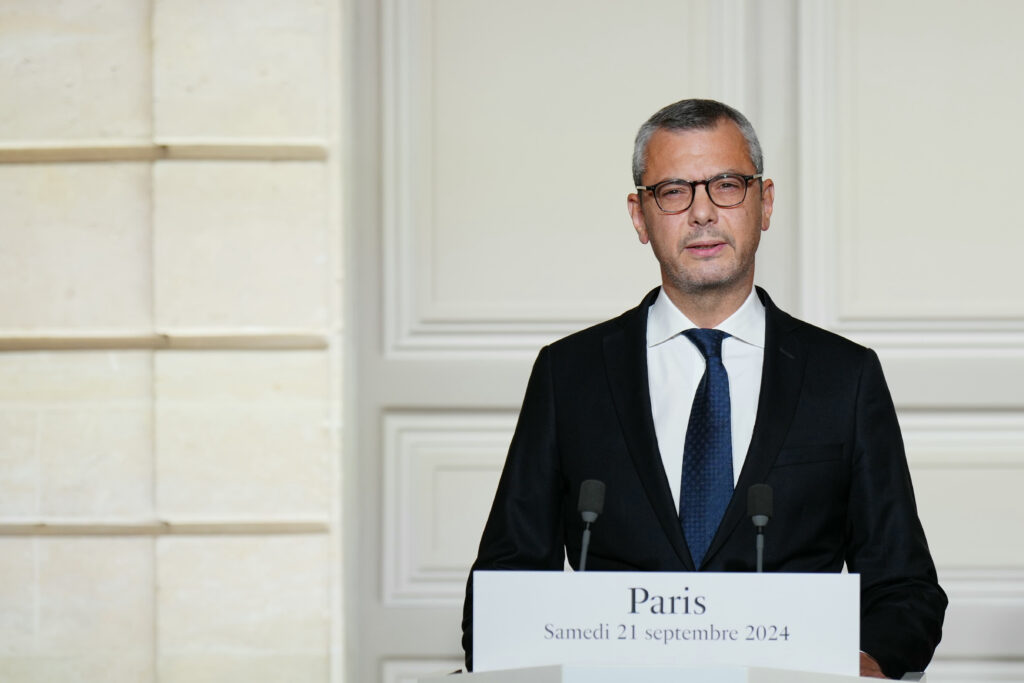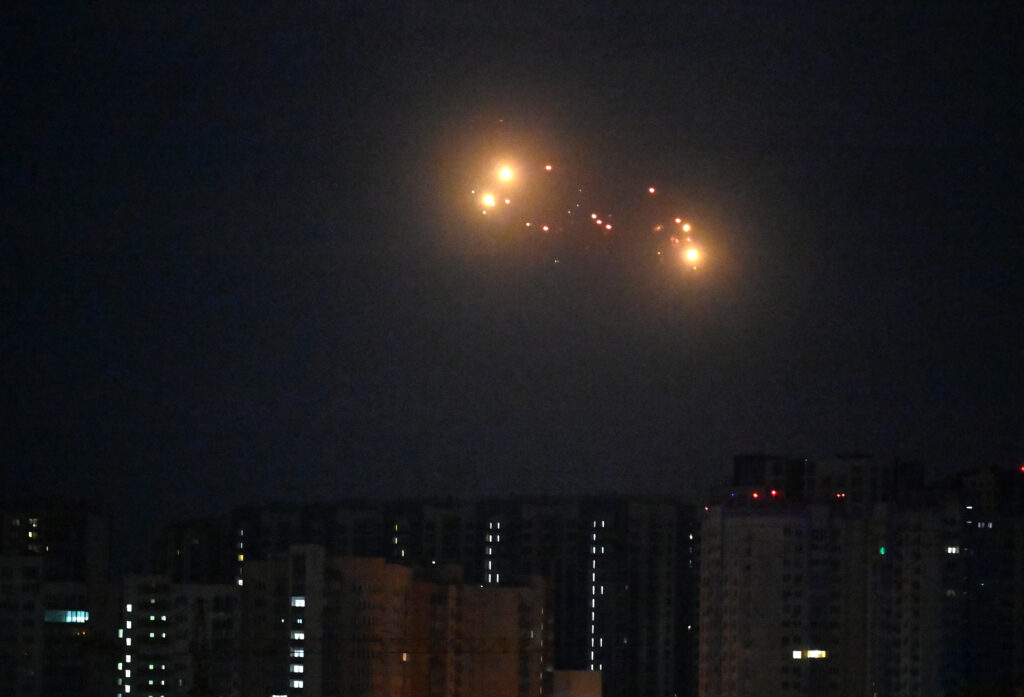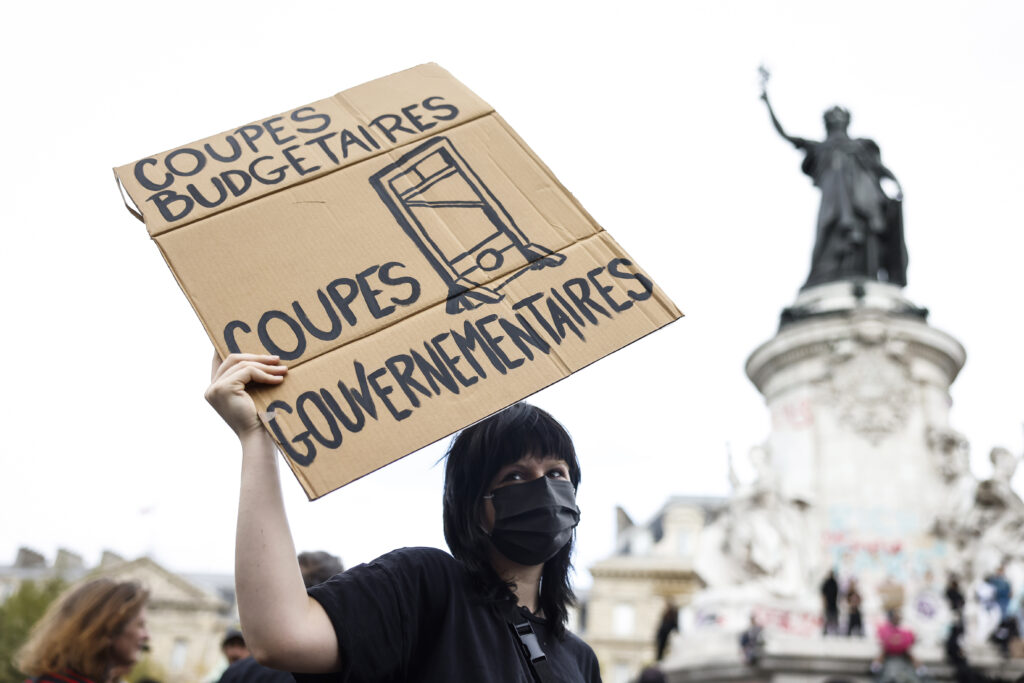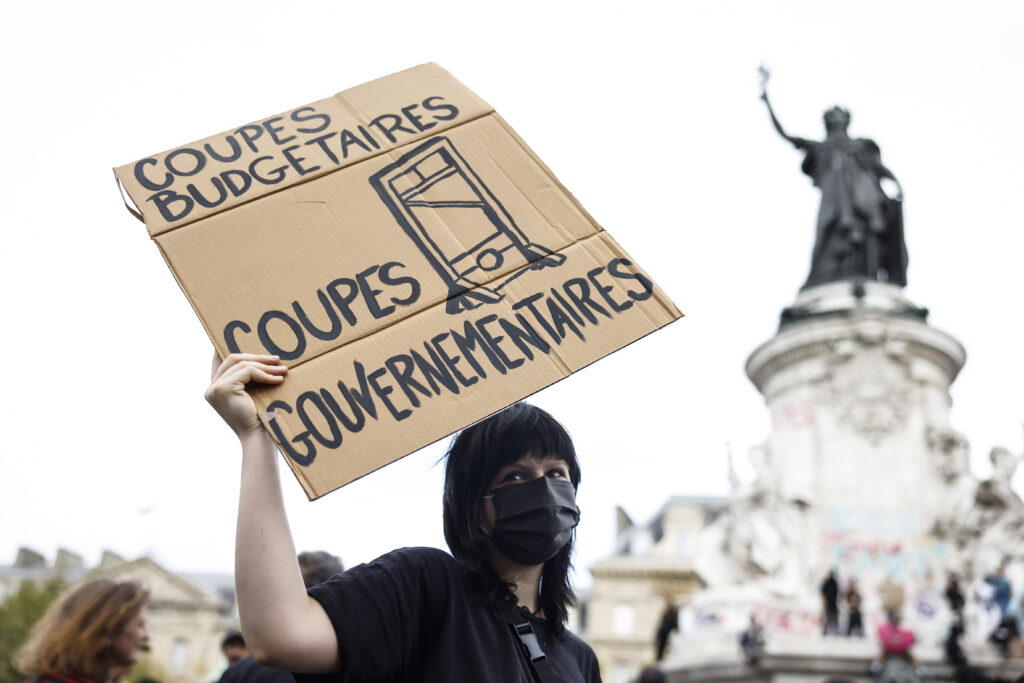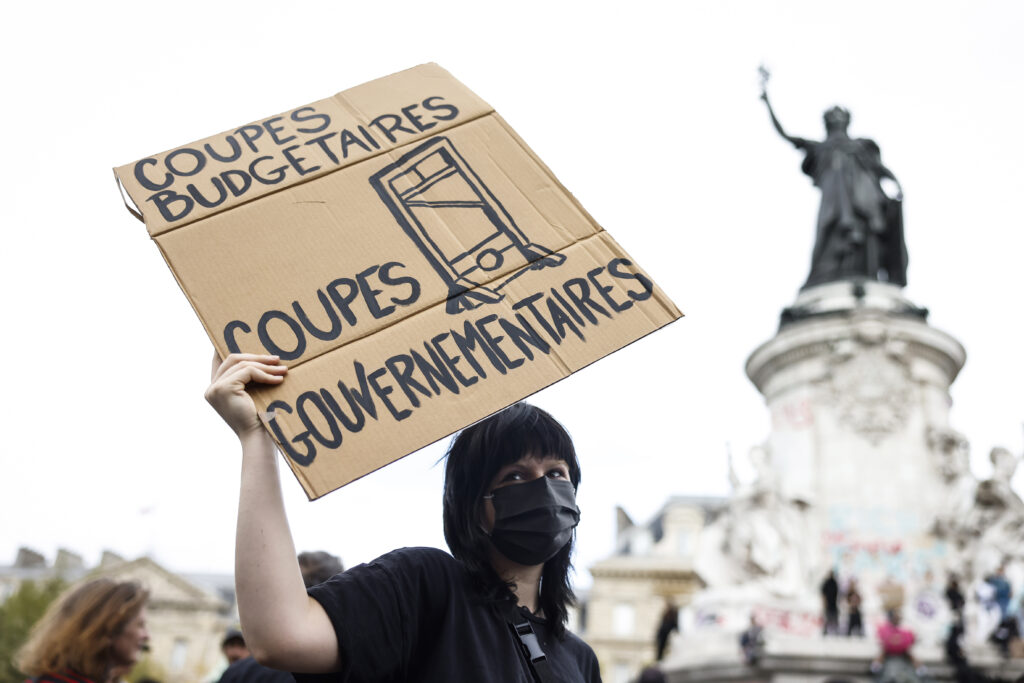Népal: l’armée contrôle Katmandou et ouvre les discussions sur l’avenir du pays
L’armée népalaise a repris mercredi le contrôle de la capitale Katmandou après deux jours d’émeutes, les plus violentes en vingt ans, qui ont contraint le Premier ministre à la démission et ouvert les discussions sur l’avenir politique du pays.Les troubles ont débuté lundi, lorsque la police a brutalement réprimé des manifestations dénonçant le blocage des réseaux sociaux et la corruption des élites, faisant au moins 19 morts et plusieurs centaines de blessés dans le pays.Malgré le rétablissement de Facebook, X et YouTube, la promesse d’une enquête sur les violences policières et le départ de M. Oli, des manifestants réunis sous une bannière “Génération Z” ont mis a sac mardi bâtiments publics, résidences de dirigeants et autres symboles du pouvoir.Le Parlement a été incendié, ainsi que le domicile du Premier ministre démissionnaire.Mercredi, le chef d’état-major de l’armée, le général Ashok Raj Sigdel, a entamé des entretiens avec diverses personnalités, dont des représentants des manifestants, a annoncé à l’AFP un porte-parole de l’armée, Rajaram Basnet.”Le chef de l’armée a entamé des entretiens avec différentes parties et rencontré des représentants de GenZ”, a-t-il déclaré, sans donner d’autres détails ni citer le moindre nom.Dès mardi, le général Sigdel avait exhorté “tous les groupes impliqués dans les manifestations à revenir au calme et à engager un dialogue”.Le président népalais, Ramchandra Paudel, a lui aussi exhorté “tout le monde, y compris les manifestants, à coopérer pour une résolution pacifique de la situation difficile du pays”.- “Soyez prêts” -“Les parties prenantes doivent se réunir pour trouver une issue à la crise. Le Parlement reste”, a commenté pour l’AFP Shushila Karki, l’ancienne cheffe de la Cour suprême, la plus haute juridiction du pays.Le nom de cette magistrate, âgée de 73 ans, est cité pour diriger la transition qui s’annonce.Le maire de Katmandou depuis 2022, l’ancien ingénieur et rappeur Balendra Shah, 35 ans, est également présenté comme une des personnalités appelées à un avenir national.”Soyez prêts (…) à prendre les rênes du pays”, a lancé sur Facebook l’élu, présenté comme une figure incontournable de la transition qui s’annonce.Revenu au pouvoir en 2024, KP Sharma Oli a expliqué qu’il démissionnait “afin que des mesures puissent être prises en vue d’une solution politique”.Agé de 73 ans, le chef du Parti communiste népalais, qui a dirigé quatre fois le gouvernement depuis 2015, incarne cette élite de dirigeants dont la jeunesse du pays, privée d’emploi et lassée de la corruption, exige le départ.Sur le terrain, l’armée a fait strictement respecter mercredi le couvre-feu imposé jusqu’à nouvel ordre pour ramener le calme dans une capitale à l’arrêt, entreprises, écoles et commerces fermés.Soldats en armes, chars et véhicules blindés ont été déployés dans les rues encombrées des carcasses de véhicules incendiés et des débris des barrages dressés la veille, au milieu des bâtiments et magasins livrés à la vindicte des manifestants.- Reprise des vols -“Le vandalisme n’a jamais été une bonne solution pour régler les problèmes”, a confié à l’AFP un policier à la retraite, Kumar Khatiwada, 60 ans, attablé devant un thé avec des amis.”Mais c’est le résultat des fautes de nos dirigeants”, a-t-il ajouté. “Ces incompétents ont interdit les réseaux sociaux pour cacher leur corruption qui était exposée sur internet”.Vingt-quatre heures après les scènes de chaos observées dans Katmandou, la police a indiqué que trois de ses agents avaient été tués. Plus de 13.500 détenus ont également profité des violences qui ont enflammé le pays pour s’évader des prisons, a annoncé à l’AFP un porte-parole de la police, Binod Ghimire.L’état-major de l’armée a une nouvelle fois averti mercredi qu’il réprimerait sans hésiter “manifestation, acte de vandalisme, pillage ou incendie et attaque visant les personnes et les biens”.L’armée a annoncé avoir arrêté 27 personnes dans la capitale et saisi 23 armes à feu.Fermé au trafic depuis mardi, l’aéroport de Katmandou a rouvert ses portes aux passagers en fin d’après-midi, a constaté un journaliste de l’AFP. Selon l’Autorité népalaise de l’aviation civile.Décollages et atterrissages devaient progressivement y reprendre “dans la journée”.

